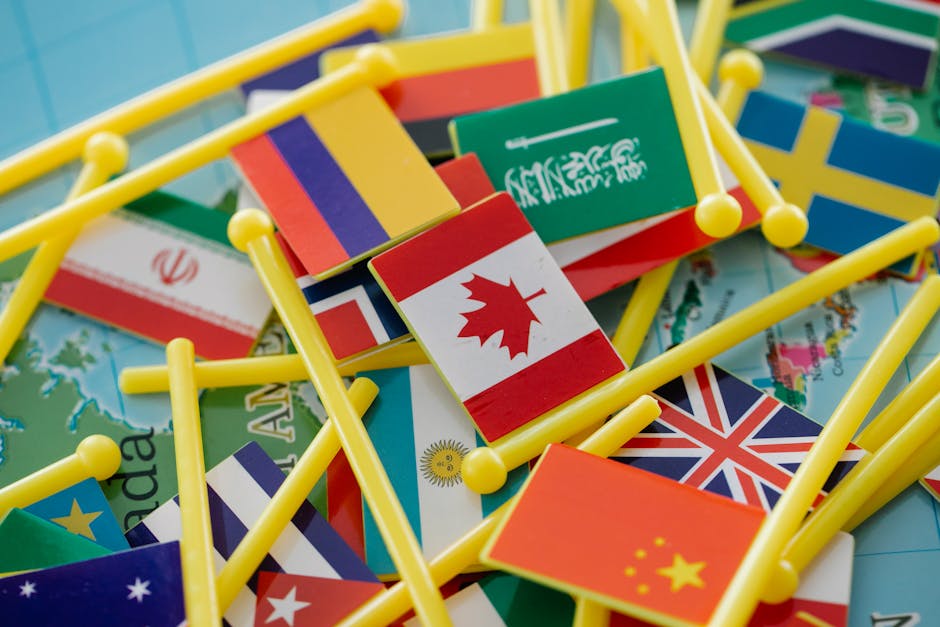In the grand theatre of global geopolitics, alliances are rarely static. They breathe, evolve, and are often reshaped by external forces. For decades, the relationship between Australia and the United States has been a cornerstone of stability in the Indo-Pacific. This partnership was built on a foundation of shared values, intelligence sharing through the Five Eyes network, and the bedrock ANZUS treaty. Yet, in the 21st century, this old friendship is being reforged in the crucible of a new, single-minded reality: the China factor in Australia-US relations.
The Delicate Balancing Act: Security vs. Economy
For a long time, Canberra expertly walked a delicate tightrope. The US was its security guarantor, while China was its economic engine—an insatiable customer for Australian iron ore, coal, and wine. This duality allowed Australia to prosper, balancing its strategic allegiances with its economic imperatives. But as China’s global posture shifted, that tightrope began to snap.
The Turning Point: Beijing’s Economic Coercion
The shift was not a single event, but a rapid escalation of Chinese assertiveness under President Xi Jinping. Beijing’s militarisation of the South China Sea, its crackdown in Hong Kong, and its increasingly aggressive “wolf warrior” diplomacy began to set off alarm bells in Canberra.
The final straw came in 2020 when Australia led the call for an independent inquiry into the origins of COVID-19. China’s response was swift and punitive: a barrage of tariffs and unofficial bans on Australian exports, from barley to beef. For Australia, the penny dropped. Beijing demonstrated its willingness to use economic interdependence as a weapon of statecraft, seeking to punish and coerce a sovereign nation for daring to challenge its narrative. This economic coercion fundamentally altered Australia’s strategic calculus and shattered the long-held belief that economic engagement would lead to political moderation in China.
Washington’s Response: The AUKUS Game-Changer
Washington was watching closely. Seeing its key southern ally under immense pressure from China, the US saw both a challenge and an opportunity. The response was not merely diplomatic support, but a strategic deepening of the US-Australia alliance on a scale not seen in generations.
The most dramatic manifestation of this is the AUKUS security pact. The deal, which will see the US and UK provide Australia with the technology to build nuclear-powered submarines, is a seismic shift in Indo-Pacific security. These submarines will grant Australia unprecedented power projection capabilities, a direct counter to China’s naval expansion. It sends an unmistakable message to Beijing: the core allies of the English-speaking world are united and investing heavily in hard power to maintain the regional balance.
Beyond AUKUS: Strengthening the Quad Alliance
Beyond AUKUS, the renewed vigour of the Quadrilateral Security Dialogue (Quad) is another key pillar in the response to China’s influence. The elevation of the Quad—comprising the US, Australia, Japan, and India—from a talking shop to a leader-level summit shows a powerful convergence of interests. Focused on everything from maritime security to vaccine distribution, the Quad provides another forum for democratic powers to coordinate. A strategically tougher, more aligned Australia makes for a more potent Quad and a more reliable partner for managing the shared challenges posed by an assertive China.
A New Era: A Hardened Alliance Forged by China
Ultimately, the China factor has stripped away the ambiguities in the Australia-US relationship. It has forced both nations to prioritise strategic security over short-term economic gains. While Australia still trades with China, the relationship is now viewed through a prism of risk and national security. The alliance with the United States is no longer just a historical legacy; it has become the central organising principle of Australia’s foreign and defence policy.
In essence, Beijing’s own actions have achieved what decades of American diplomacy could not: they have pushed Australia decisively and perhaps irrevocably into the US strategic orbit, transforming a steadfast friend into a frontline ally in the defining geopolitical contest of our time.




